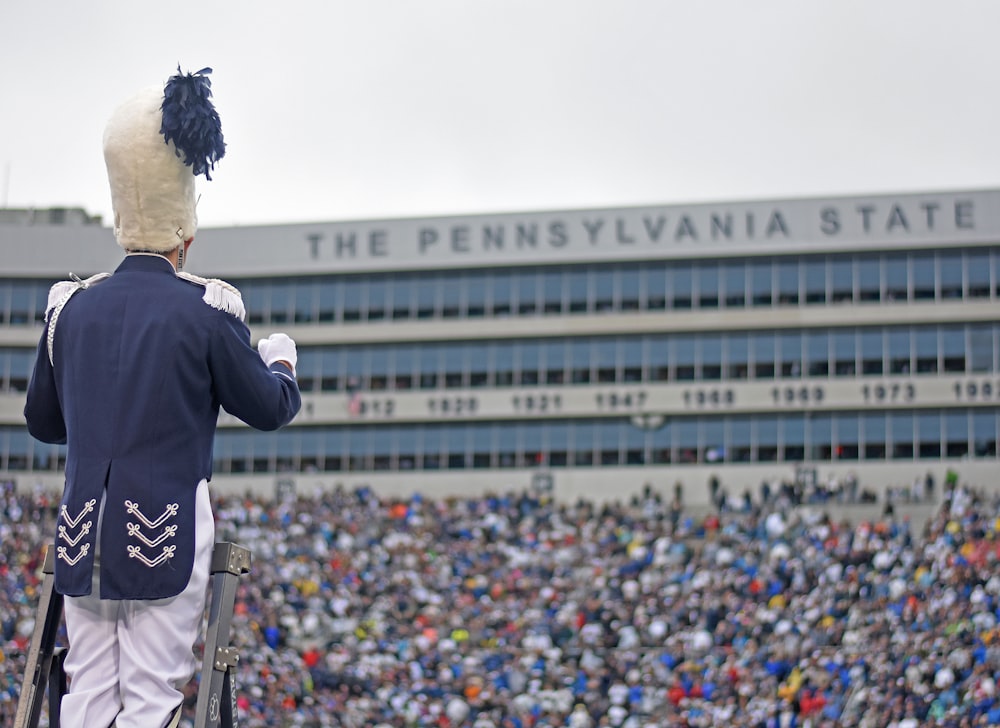 For any athlete or bodybuilder, performance is the key to success. Sports nutrition is a science that involves the study of nutrition and diet. It is mainly concerned with what an athlete consumes, in terms of quantity and type. The science of sports nutrition deals vastly with nutrients like vitamins and supplements, and organic substances like fats, carbs and proteins. It is an important part of several sports training regimes, especially strength sports, like bodybuilding, and endurance sports, like cycling and running. With the proper understanding of sports nutrition, an individual can optimized his or her performance and gain many benefits.
For any athlete or bodybuilder, performance is the key to success. Sports nutrition is a science that involves the study of nutrition and diet. It is mainly concerned with what an athlete consumes, in terms of quantity and type. The science of sports nutrition deals vastly with nutrients like vitamins and supplements, and organic substances like fats, carbs and proteins. It is an important part of several sports training regimes, especially strength sports, like bodybuilding, and endurance sports, like cycling and running. With the proper understanding of sports nutrition, an individual can optimized his or her performance and gain many benefits.
The main goal of sports nutrition is to enhance performance. This is achieved by improving speed, mobility, strength and quickness. It also helps in reducing recovery periods. Without the right nutrients, a sportsperson will not realize his or her true potential. Proper nutrition will enable a sportsperson to stay in peak form, sustain intense training levels and recover faster from injuries. It will also make the individual less vulnerable to injuries and infections.
To stay fit and in shape at all times, one has to exercise consistently. To exercise consistently, one needs an endless supply of high-quality energy. The only way to ensure this supply of energy is by consuming a healthy and well-balanced diet. Ideally, one should consume several small meals throughout the day, rather than a few large meals. Your diet should contain carbohydrates, proteins and fats in the right proportions. Carbs make it possible for your body to train vigorously.
-Before a workout – Before starting your exercise routine, you might want to have a little snack and some water. For thirty minutes of intense exercises, a large banana, pretzels or a granola bar is sufficient. If you intent to train for a shorter period, you do not need to consume anything extra. However, a sports drink can provide you with some much-needed calories.
-During a workout – During exercise, you need to hydrate your body regularly. This depends heavily on the intensity and duration of the exercise, as well as your fitness levels. You could start by drinking approximately 250 ml of water every 15 minutes during your exercise. If you exercise for more than 90 minutes, drink about 250 ml of a sports drink every half-an-hour. You do not need to have anything extra if your exercise session is less than hour. However, if you train longer than 90 minutes, you should ensure that your carb levels are replenished.
-After a workout – As you exercise, your body loses water in the form of sweat. Therefore, you should drink plenty of water once you complete your workout. Consume a post-workout meal within two hours after an intense workout.
Your diet plan depends on your workout plan. There is no universal standard. Different people have different needs. Therefore, you should implement a plan that works best for you. If you train early in the morning, a light breakfast of toast or an egg is sufficient. If you exercise in the evening, consume a meal that contains foods that are easy to digest. Your lunch should contain an adequate amount of carbs and protein. Fruits, vegetables and breads are rich in complex carbohydrates. You could also choose lean meat like fish or chicken, whichever works best.









